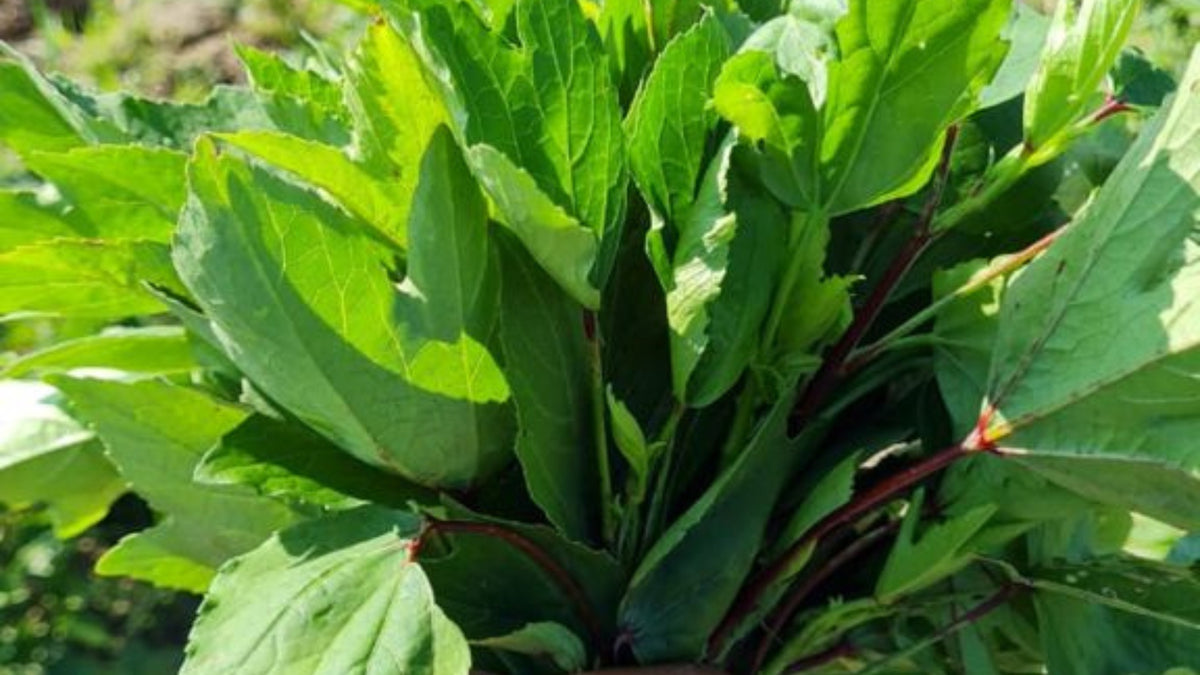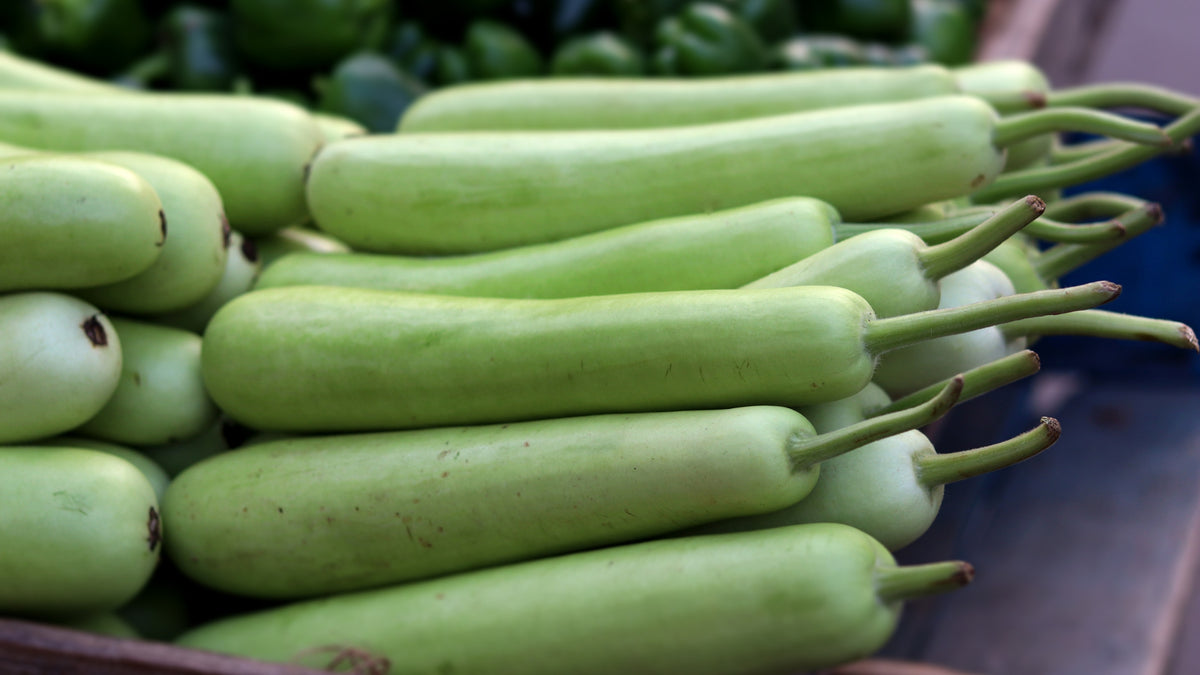
Dinacharya the Path to Longevity and Living Well

Dinacharya is a Sanskrit word that is formed from two root words: dina meaning day, and acharya meaning routine or activity. Dinacharya is the daily self-care routine or activity which promotes and maintains good health and wellness. It is the secret to longevity and living well.
Dinacharya Personal Plan
An Ayurvedic practitioner will personalize your dinacharya plan by considering your dosha (prakriti), climate (desha), age (daha), activity (acharya), and imbalance (vikriti). When the effects of all these factors are considered, a personalized dinacharya plan becomes a powerful tool for improving and maintaining your best health.
Syncing the Biological Clock
When our biological clock is in sync with the cycles of the sun and moon, our bodies will regulate and maximize the proper time for bodily functions like hunger, digestion, sleeping and elimination. A regular dinacharya routine improves daily living by promoting better self-esteem, happiness and longevity. You will become more self-aware of what your mind and body needs to feel good every day.
Vata, Pitta, Kapha Cycles
Ayurveda acknowledges two different times that self-care is needed: dinacharya is the daytime routine and ratricharya is the nighttime routine. When we sync our body rhythms with nature’s rhythms, then the energy present in nature also becomes the energy present in our mind and body. Energy changes in the environment also affect the energy of our mind and body.
The day and night cycles have energy from the doshas (vata-pitta-kapha) which plays an important role. The energy from each dosha is dominant at certain times. And since we are prone to the same energy, we can utilize these times to improve our health.
When a dosha is dominant at a certain time, it means the energy of that dosha increases. If, for example, you have a vata imbalance, then during the vata time of day your dinacharya routine will help calm vata dosha.
Day Cycle: Sunrise to Sunset
- 6:00 am – 10:00 am = Kapha
- 10:00 am – 2:00 pm = Pitta
- 2:00 pm – 6:00 pm = Vata
Night Cycle: Sunset to Sunrise
- 6:00 pm – 10:00 pm = Kapha
- 10:00 pm – 2:00 am = Pitta
- 2:00 am – 6:00 am = Vata
The chart shows vata is dominate from 2:00 pm - 6:00 pm. One common symptom that is related to vata and happens to many people is the feeling of fatigue or tiredness in the afternoon.
This is the result of vata increasing. If we are working, many of us tend to reach for caffeine, which increases vata even more. The best solution is to have a nourishing snack to help stabilize the increasing energy of vata. For the best long term health this concept is important because over time it will make a difference for either increasing or decreasing your health.
Ayurvedic dinacharya and ratricharya is meant to balance the effects from the doshas. When a dosha is in its dominant time it has the tendency to aggravate. The person who follows a proper dinacharya routine will always be working toward balancing the three doshas. And the person who does not follow a dinacharya routine will always be more prone to illness.
NEW DINACHARYA KIT!
Kottakkal USA has a new Dinacharya Lite Kit which is formulated from our expert Ayurvedic doctor, Vishwanath Guddadar. There are three kits, one for each vata, pitta, and kapha.

EACH DINACHARYA KIT INCLUDES FIVE PRODUCTS:
- Vata - Valiya Arimedas Tailam, Dhanwantharam oil, Nilibhringadi Hair oil, Anu oil & Skin care soap.
- Pitta - Valiya Arimedas Tailam, Kshirabala oil, Triphaladi oil, Anu oil & Skin care soap.
- Kapha - Valiya Arimedas Tailam, Karpuradi oil, Cheriya Bhringamalakadi oil, Anu oil & Skin care soap.
Dr. Vishwanath recommends following a general dinacharya routine if you do not have a personalized one recommended by your Ayurvedic doctor or practitioner.
- Wake up early in the morning between 4 - 6am
- Brush your teeth and scrape your tongue
- Gandusha (oil pulling) with Valiya Arimedas Tailam
- Nasya (nasal oil drops) with Anu Oil
- Drink 2 cups of lukewarm water
- Have a bowel movement in the morning
- Exercise to the point of half your strength
- Abhyanga (Ayurvedic body massage) with vata, pitta, or kapha oil
- Vata - Dhanwantharam oil
- Pitta - Kshirabala oil
- Kapha - Karpuradi oil
- Shiro Abhyanga (Ayurvedic head massage) with vata, pitta or kapha oil
- Vata - Nilibhringadi Hair Oil
- Pitta - Triphaladi Oil
- Kapha - Cheriya Bhringamalakadi Oil
- Warm shower or bath using Ayurvedic Skin Care Soap
- Food should be cooked, warm and moist versus raw, cold and dry
- At sundown it is time to slow down and prepare for rest, bedtime is 10pm.
If you have questions on which Dinacharya Kit to choose, or if you have specific questions on how to plan a dinacharya routine, contact julie@kottakkal.shop.
Disclaimer: These statements have not been evaluated by the Food and Drug Administration. Kottakkal Ayurveda products and this information is not intended for use in the diagnosis, treatment, cure, or prevention of any disease. If you have serious, acute, or chronic health problems, please consult a trained health professional. If you are seeking the medical advice of a trained Ayurvedic practitioner or doctor, call (800) 215-9934 or email us at contact@kottakkal.shop and we will provide you with one of our affiliated Ayurvedic professionals. Check with your doctor before taking herbs when pregnant or nursing.
Also in Healing with Kottakkal Ayurveda

Food is Medicine - Organic Gongura Leaf
Gongura, often referred to as Indian sorrel, is a leafy green vegetable packed with an array of health benefits. This vibrant green is a treasure trove of essential vitamins, minerals, and antioxidants.

Food Is Medicine - Organic Bottle Gourd

Boosting Energy and Rejuvenation with Narasimha Rasayana
Narasimha Rasayanam is an herbal jam formulated with base ingredients of butter, honey, and milk. This time-tested remedy is believed to promote balance within the body's three doshas, vata, pitta, and kapha and supports a range of health concerns. From supporting physical strength and hair health to promoting rejuvenation and cognitive function, Narasimha Rasayanam offers a multifaceted approach to well-being.


Vaidya Vishwanath
Vaidya Vishwanath grew up in Pune, India which is hub of traditional Ayurvedic gurukul teachings, following the principles of Ayurveda as part of his culture. He has dedicated his career over the past 1 ½ decades to the science of Ayurveda.